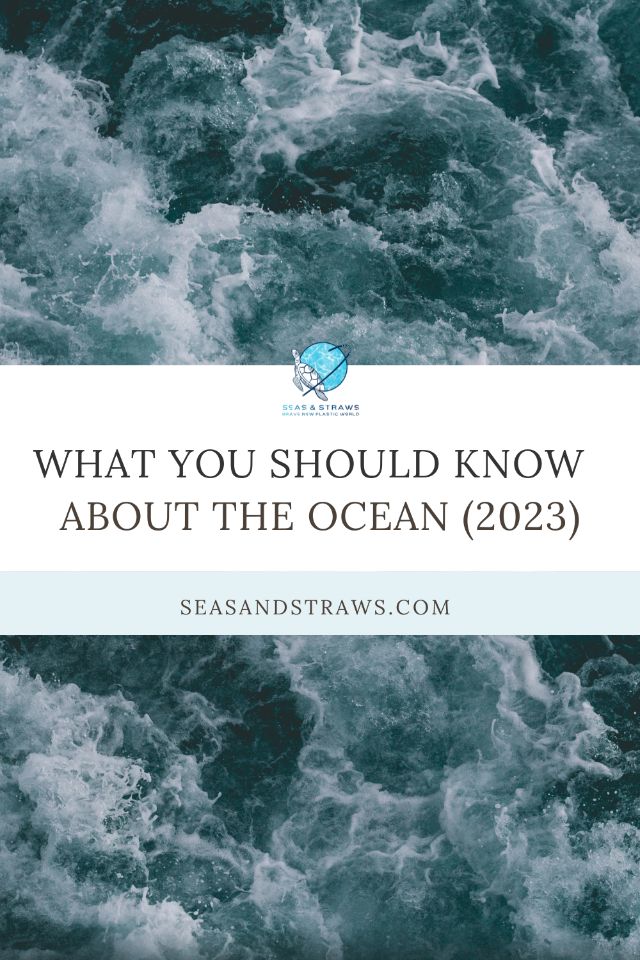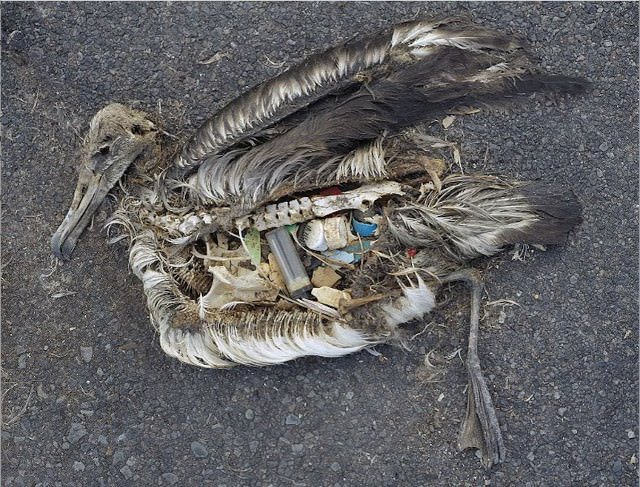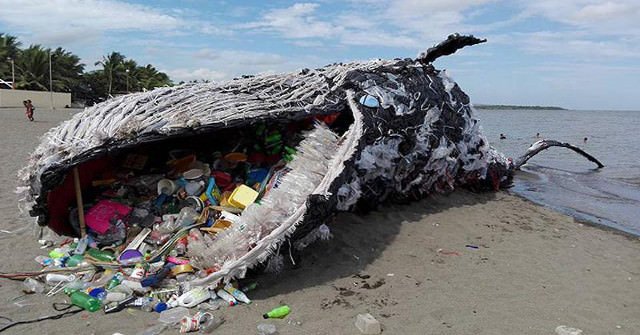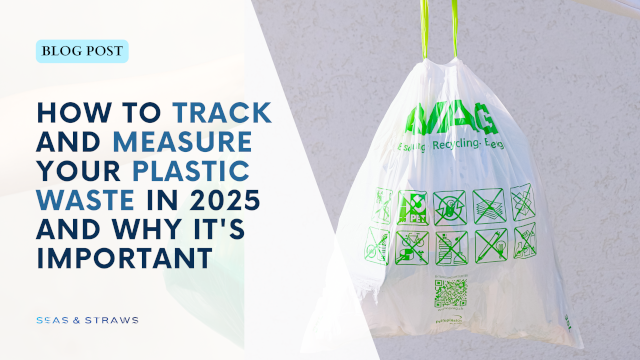- Home
- Ocean Pollution
- Ocean Threats
Rising Tide of Ocean Threats: Urgent Action Needed to Protect Our Blue Planet
The oceans play a crucial role in regulating our planet's climate and supporting biodiversity, but they are also facing a range of threats, from pollution to overfishing. Here are some ocean facts of 2023 that are worth knowing:
The ocean is vital to our planet's ecosystem, but it's facing several threats, from plastic pollution to overfishing. Check out these essential ocean facts for 2023:
ocean threat #1: Plastic
pollution continues to be a major issue
Plastic pollution remains one of the biggest threats to our oceans. In 2023, it is estimated that there are over 5 trillion pieces of plastic in the ocean, with around 8 million metric tons being added every year. This plastic can harm marine life and ecosystems, as well as posing a threat to human health through the food chain.
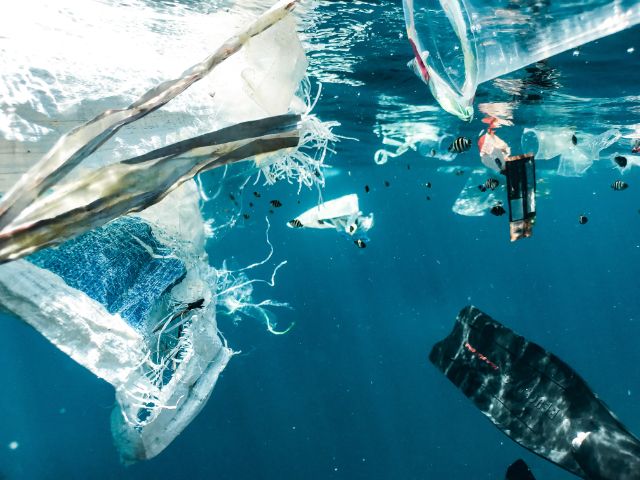 Plastic pollution is one of the major threats to our oceans.
Plastic pollution is one of the major threats to our oceans.OCEAN THREAT #2: Ocean
temperatures are rising
The oceans are absorbing a significant amount of the heat that is being trapped by greenhouse gasses in the atmosphere. As a result, ocean temperatures are rising, which can have a range of impacts on marine life, from coral bleaching to changes in migration patterns.
OCEAN THREAT #3: Coral reefs
are under threat
Coral reefs are one of the most diverse ecosystems on the planet, but they are under threat from a range of factors, including rising ocean temperatures, pollution, and overfishing. In 2023, it is estimated that around 50% of the world's coral reefs have been lost or are in danger of being lost.
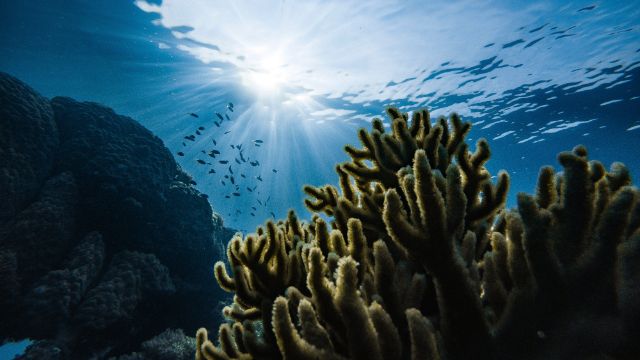 Coral reefs are vital to the marine ecosystem - but 50% are under threat.
Coral reefs are vital to the marine ecosystem - but 50% are under threat.OCEAN THREAT #4: Overfishing
is still a problem
Overfishing is a major threat to marine life and ecosystems, as well as to the livelihoods of people who depend on fishing for their income and food. In 2023, it is estimated that around 34% of fish stocks are being overfished, while another 60% are being fished at their maximum sustainable levels.
If you want to know more about overfishing and the countries that play the biggest role, here is a comprehensive article on that topic.
 Japanese tuna market. Over 34% of fish stocks are being overfished, tuna is one of them.
Japanese tuna market. Over 34% of fish stocks are being overfished, tuna is one of them.OCEAN THREAT #5: Sea levels
are rising
As the oceans warm and glaciers melt, sea levels are rising at an increasing rate. In 2023, it is estimated that sea levels have risen by around 3.3 millimeters per year over the past decade. This can have a range of impacts on coastal communities, from increased flooding to loss of land and property.
OCEAN THREAT #6: Ocean
acidification is a growing concern
As the oceans absorb more carbon dioxide from the atmosphere, they become more acidic. This can have a range of impacts on marine life, from reducing the ability of organisms to build shells to altering the behavior of fish. In 2023, it is estimated that the pH of the ocean has dropped by around 0.1 units since the pre-industrial era.
OCEAN THREAT #7: The ocean is
full of surprises
Despite the many challenges facing our oceans, they remain full of surprises and discoveries. In 2023, scientists continue to uncover new species, from deep-sea creatures to microbes that could hold the key to new medicines. There is still much to be learned about the ocean and the role it plays in supporting life on our planet.
While there is no doubt that we face significant threats, there is also hope that we can take action to protect and restore our oceans for future generations. By working together, we can ensure that our oceans remain a vital part of our planet's ecosystem and a source of wonder and discovery for generations to come.
